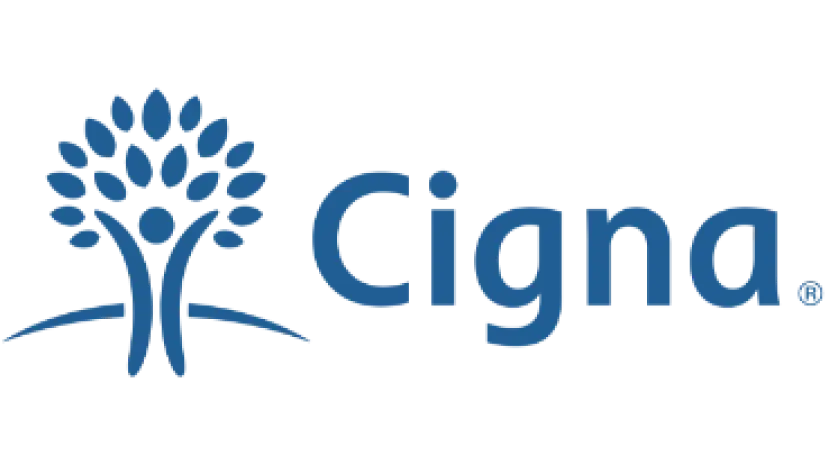



“Wet brain,” formally known as Wernicke-Korsakoff syndrome, is a debilitating brain disorder primarily caused by a severe deficiency of thiamine (vitamin B1), often linked to excessive alcohol consumption. This condition unfolds in two stages, starting with Wernicke’s encephalopathy and potentially progressing to Korsakoff’s psychosis if left untreated. It develops over time with the continuous neglect of dietary needs and excessive alcohol use, leading to significant neurological damage. While some damage caused by this syndrome may be irreversible, especially in its later stages, early detection, and treatment can halt the progression of the disease and significantly improve the quality of life.
Wernicke-Korsakoff syndrome represents a spectrum of cognitive impairments from thiamine (vitamin B1) deficiency. This condition is intricately linked with chronic alcohol misuse, which impairs the body’s ability to absorb and store thiamine—a nutrient pivotal for brain health and metabolic processes.
The syndrome initiates with Wernicke’s encephalopathy, a critical phase marked by acute neurological symptoms. Individuals may experience mental confusion, ocular disturbances (such as nystagmus and ophthalmoplegia), and ataxia, a staggering, uncoordinated walk. These symptoms reflect the direct impact of thiamine deficiency on the central nervous system, particularly affecting brain regions involved in muscle coordination and eye movement.
If Wernicke’s encephalopathy goes unrecognized or untreated, it can transition into Korsakoff’s psychosis, a chronic and more debilitating stage. This phase is characterized by pronounced memory disorders, including both anterograde amnesia (inability to form new memories) and retrograde amnesia (loss of pre-existing memories), alongside confabulation (filling in gaps in memory with fabricated details). These symptoms underscore the syndrome’s profound effect on the brain’s memory functions, particularly impacting the thalamus and hypothalamus, areas essential for memory processing and emotional regulation.
The development of wet brain varies among individuals, depending on the severity of thiamine deficiency and alcohol consumption patterns. It can develop over weeks to months of nutritional deficiency, making early detection and intervention critical.
Wernicke-Korsakoff syndrome, manifests through a spectrum of neurological and psychological symptoms that can evolve as the condition progresses.
In more advanced stages, individuals may exhibit a significant loss of insight into their condition, unable to recognize the severity of their symptoms or the reality of their situation. This lack of awareness can hinder treatment and complicate care, as the person may not understand the need for medical intervention or dietary changes.
The reversibility of wet brain largely hinges on the timing of the intervention. During the initial phase of Wernicke’s encephalopathy, prompt administration of thiamine can indeed reverse many of the neurological symptoms, such as confusion, issues with muscle coordination, and even some degree of memory loss. This stage is critical because the body’s neurological response to thiamine supplementation can lead to significant recovery, provided the treatment is administered before permanent damage occurs.
However, once the condition progresses to Korsakoff’s psychosis, characterized by profound memory loss and cognitive dysfunction, the likelihood of full reversibility diminishes. At this advanced stage, some improvements can still be made with continued thiamine treatment and supportive care, but the brain damage is often permanent. The focus then shifts to managing symptoms and improving the individual’s quality of life through rehabilitative services, dietary management, and abstaining from alcohol. Early detection and treatment remain paramount for preventing the long-term consequences of this condition.
Treating and managing wet brain effectively requires a multifaceted approach:
Navigating the path to recovery from alcohol use disorder (AUD) can often feel daunting, but with Porch Light Health, you’re not alone. Our telehealth addiction treatment services bring comprehensive addiction treatment right to your doorstep, offering a new layer of convenience and accessibility. With over 60 in-person care points across Colorado and New Mexico, we’re breaking down barriers to care, ensuring that anyone in need can access the resources to recover from addiction.
Let us light the way to your recovery. Contact Porch Light Health today and take the first step toward a brighter, healthier way of life.
New Patient Registration | Call: 866-394-6123
The general life expectancy for someone with Wet Brain varies widely. Without treatment, individuals may face a significantly reduced lifespan, potentially living only a few years after symptoms become severe. With prompt and effective treatment, including thiamine supplementation and abstaining from alcohol, individuals can experience a marked improvement in symptoms and potentially live much longer, often close to a normal lifespan, depending on the extent of the brain damage and overall health.
Treatment involves thiamine replacement, alcohol abstinence, and supportive care to manage symptoms and prevent progression.
Confusion, memory loss, confabulation, lack of insight, and changes in vision or eye movement.
Individuals may experience confusion, difficulty with coordination and memory, and an overall sense of disorientation.







